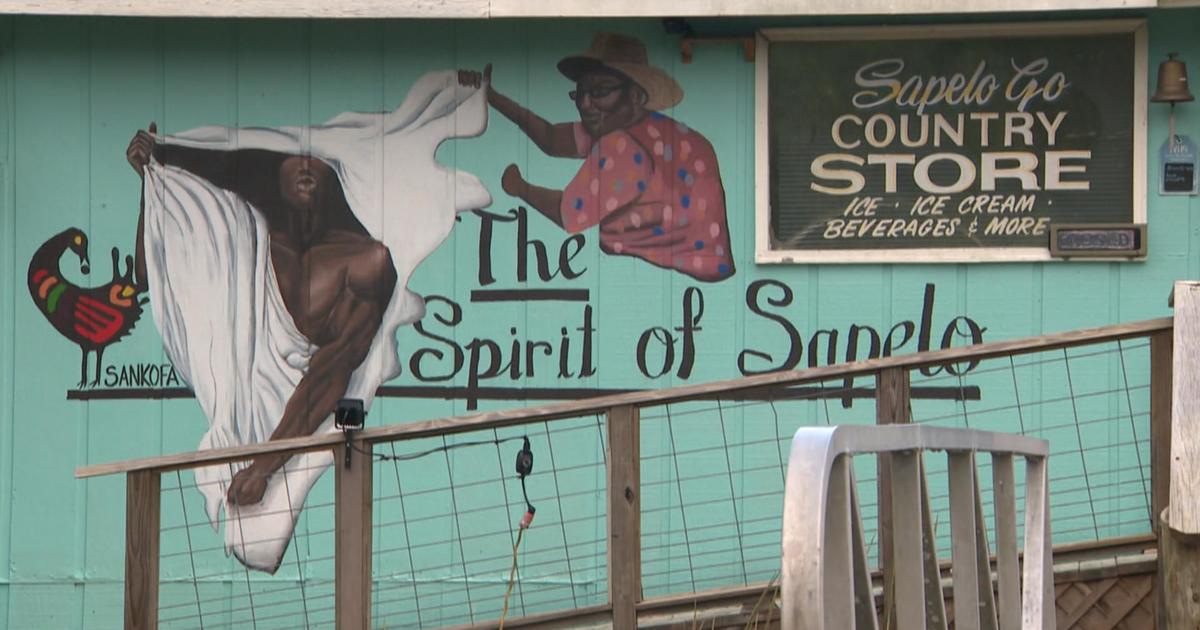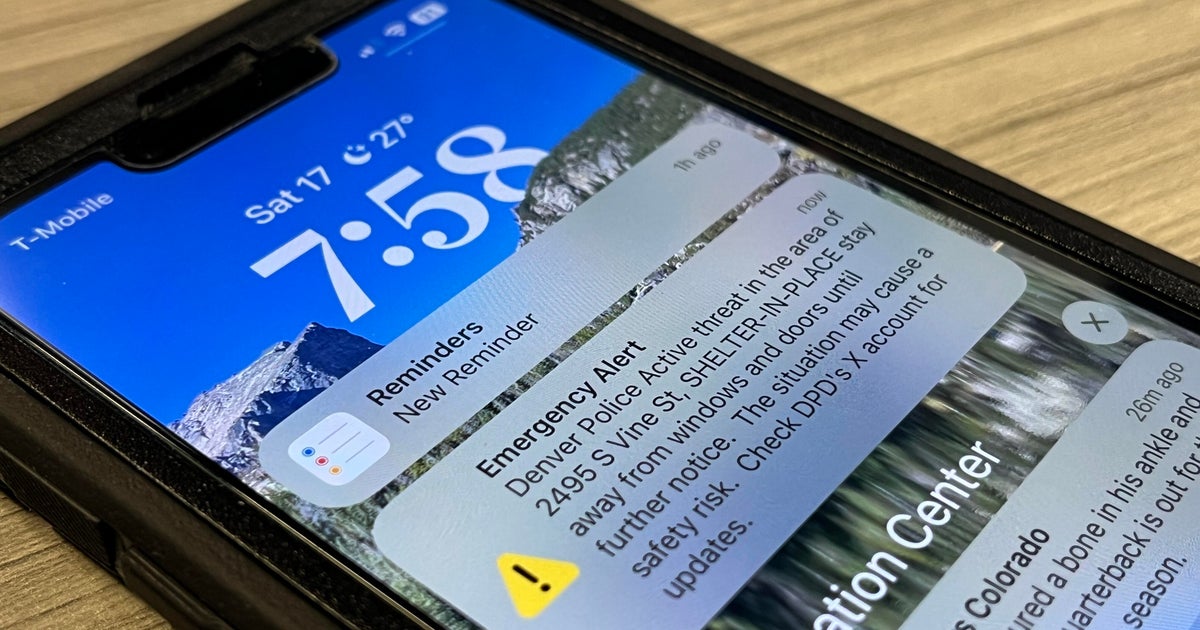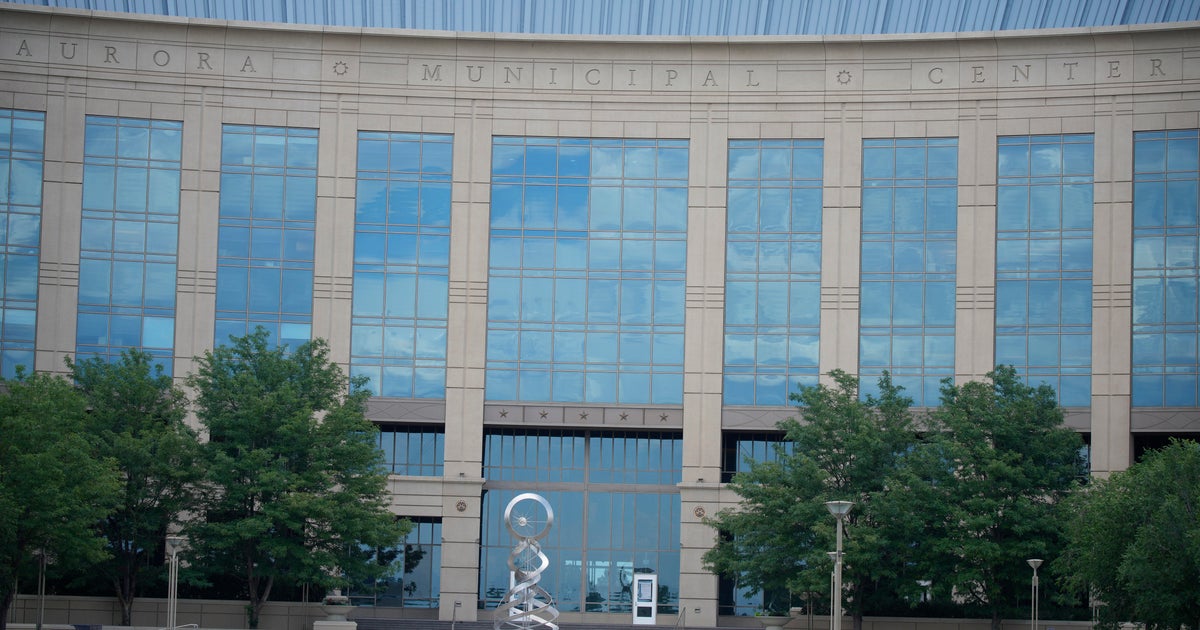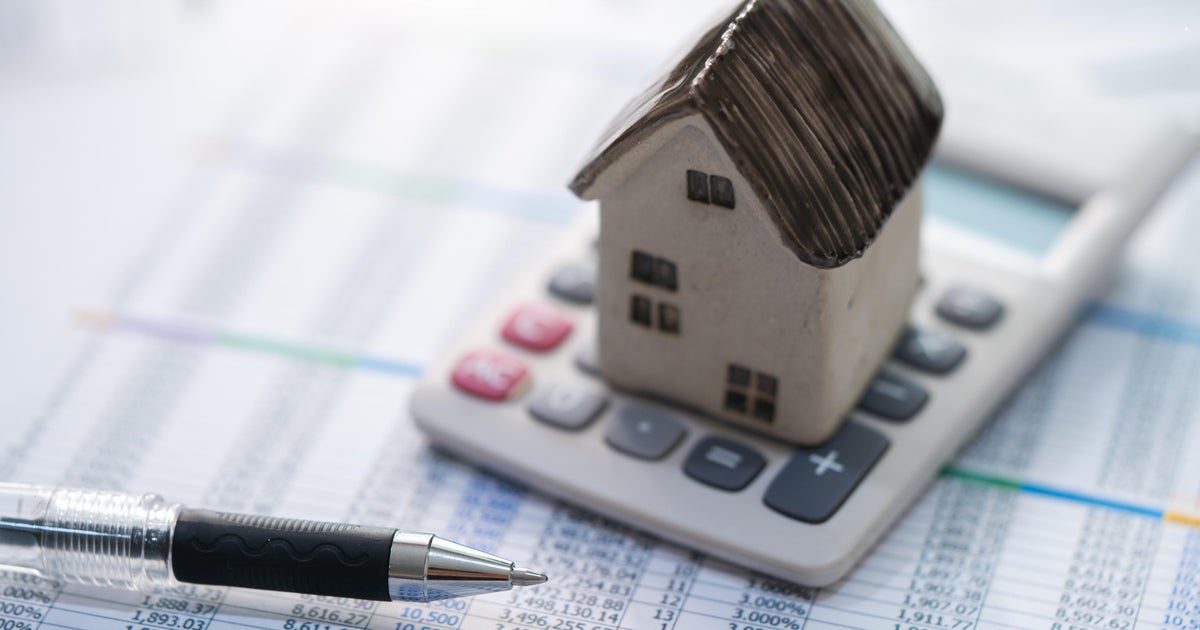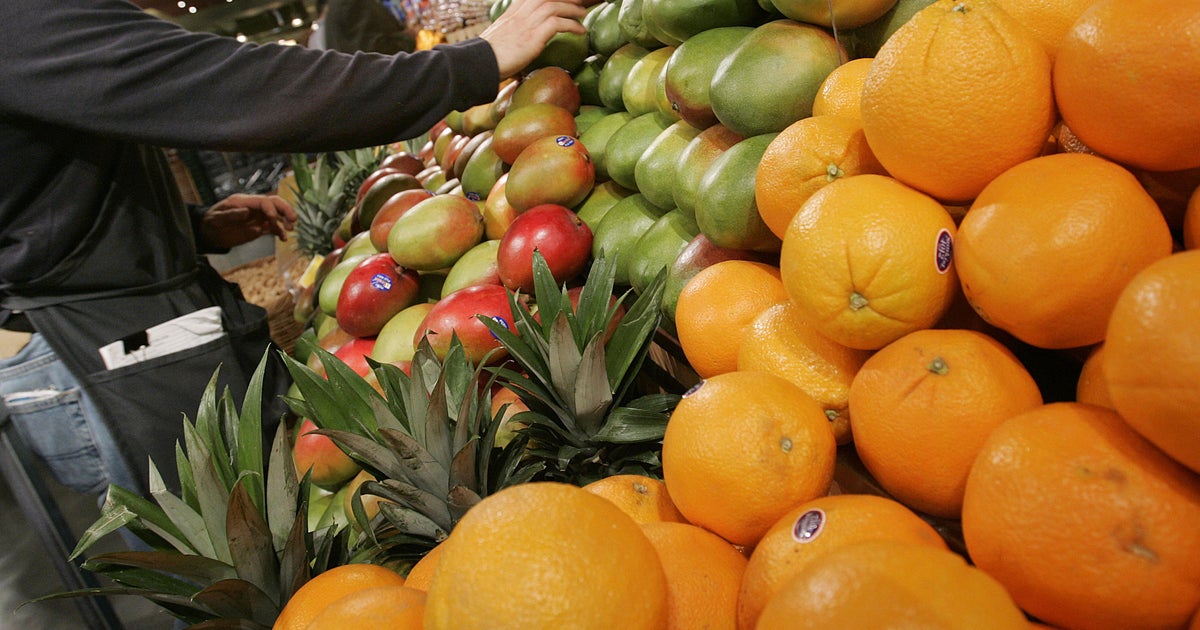Littleton voters to decide on 4% increase in special retail marijuana sales tax
The City of Littleton is leaving it up to voters to decide whether or not to raise a marijuana sales tax. Money collected from the tax will go toward funding public safety needs.
The November ballot question is asking voters to raise the city's special retail marijuana tax by 4%. The city's current special retail marijuana sales tax rate is 3%, therefore a voter approval would bump it up to 7%. Combine that with the city's regular sales tax rate, and customers would pay 12.25% in total city taxes.
If passed, Littleton would become one of the most taxed cities in the Denver Metro Area, up there with Federal Heights, Aurora and Commerce City.
"I think for a decision like this, and with the implications that it would have, it absolutely deserves to be on the ballot," said Ben Mahler, the operations manager at Ascend Cannabis Co. "This industry is not the most forgiving. We're constantly being handed down new regulations."
Mahler worries about the impacts the ballot measure could have if passed. He also added it might force him to lower prices.
"It would definitely drive a lot of people to neighboring towns, to purchase their products, if it's that much of a difference," said Mahler.
Littleton's City Council unanimously approved putting the question on November's ballot. A 2024 community survey also indicated that 83% of residents "strongly" or "somewhat strongly" supported a rate increase.
"I think our voters in Littleton have been very supportive of approving measures to dedicate revenue sources for the city," Littleton Mayor Kyle Schlachter said. "It helps us provide the services that our community is asking for."
Schlachter expects the measure could help raise between $500,000 to $600,000 from the three retail marijuana dispensaries in town.
The money will go toward mental health crisis response, proactive safety programs, and homelessness preventive services.
"It's great to be able to have a dedicated funding source where we have professionals, not necessarily police, but co-responders and mental health professionals, that can respond to these, these calls," said Schlachter. "We can have people with the specific training, professional training, to help people or a homeless individual going through a mental health crisis.
Schlachter added if the proposal does not pass, the city council will consider going through the budget process and funding the needs from the city's budget.
The proposed tax increase is now in the hands of Littleton voters like Brianna McCallian.
"I think measures always come back down to the consumer. It feels like we're taxed on everything," said Brianna McCallian.
Ahead of November, McCallian said she wants to learn more about the measure.
"Homelessness is a big problem in the area. So if some of those funds could go to helping our community, that could be something I would be in support of," said McCallian.
Mahler added that while it's another change his business might have to transition to, "I just think ultimately, we would need to extend a tax on all businesses to be able to see a real return for helping homelessness and that sort of thing."
If Littleton voters pass the measure in November, the increase in the sales tax rate for retail marijuana would take effect in January.
Earlier this year, Littleton City Council also amended the city's marijuana licensing provisions. Those include:
- Increased hours of operation from 9 a.m. to 10 p.m. to 8 a.m. to midnight
- Allowed medical patients to purchase more than two ounces at a time as prescribed by a registered doctor in accordance with state statute
- Increased the square footage limit from a maximum of 2,000 square feet to 4,000 square feet

